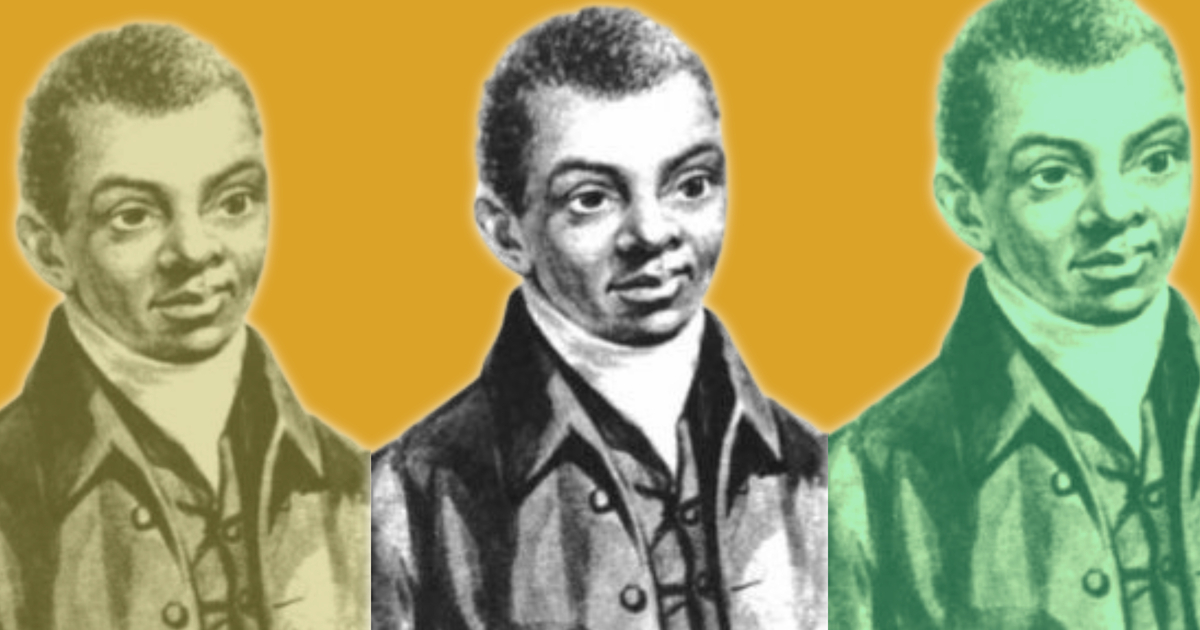In honor of Black History Month, each week Wellspring will be recognizing the work of a historical Black figure who was connected to and made an impact on the United Methodist Church.
In 1968 I was traveling north to Memphis, Tennessee, after a southern tour with my university tennis team when we got word that Martin Luther King Jr. had just been killed. Our team ended up having to turn around because the city had been closed down. The thing is, I didn’t understand the gravity of the moment. I had been sheltered from racism growing up in my all-white town and because of that, the implications of Rev. King’s death didn’t register. Here’s another way my sheltering has affected me. I have only been a Methodist for a few years and had no awareness of the drastic influence of many historical Methodist preachers, specifically black preachers of note. The Rev. Harry Hosier is a case in point. I find it easy and more than a little embarrassing, to be clueless. In some ways it reminds me of the movie, “Hidden Figures,” the story of a group of uncelebrated African American women who helped shape the NASA space program. There are many influential figures who often go unmentioned because of their race which is why I’d like to celebrate the life and work of Harry Hosier.
Harry Hosier was born a slave, released from slavery, converted to Christ, and eventually became the first African local preacher of American Methodism. He traveled with Francis Asbury, the founding father of the American Methodist Church, and served as Asbury’s carriage driver. After some time, Asbury believed Hosier had the makings of a preacher after discovering that Hosier could memorize long sections of scripture. Around 1780, Hosier began preaching. Asbury would first preach to the white audience who had gathered. Afterwards, Hosier would then follow up by preaching to the gathered black audience. In 1781 he preached a sermon called the “Barren Fig Tree” which is the first recorded sermon by an African American. Those closest to Hosier called him, “Black Harry” and he later wound up traveling with other well-known Methodist preachers.
Although illiterate, Hosier’s preaching ability took him all over the country. Many considered him the best preacher they had ever heard. At times, Hosier preached to crowds of over a thousand people, often finishing to applause and tears. In spite of Hosier’s popularity and influence, he still experienced racism, segregation, bigotry, and threats throughout his ministry. Yet, Hosier didn’t let that opposition stop him. Hosier, along with most Methodists, was also outspoken against slavery. This led to opposition in the South because his theology wasn’t consistent with southern churches at that time who often favored slavory. Virginia Baptists started referring to those who followed Hosier as “Hoosiers” (using it as a derogatory term).
For a while Hosier lost his way due to a variety of reasons, including alcohol, and turned away from Christ. In 1791 he was erroneously accused of something and he was set outside the church and was refused ordination. He was considered a lost soul by many as his life fell apart, but around 1810 Hosier experienced a reconciliation with God and was able to die in peace. A huge crowd of mixed races traveled to escort his body to his final resting place in Kensington, Pennsylvania, at a free burial ground.
As an interesting footnote: Harry Hosier’s followers migrated out of the Appalachian Mountains into the Midwest, many of whom settled in present-day Indiana. The fact that Methodists were influential in the settlement of Indiana is further support of Hosier’s, a Black Methodist preacher, impact. It is widely believed that it was due to Rev. Harry Hosier that Indiana natives are called ‘Hoosiers’.

